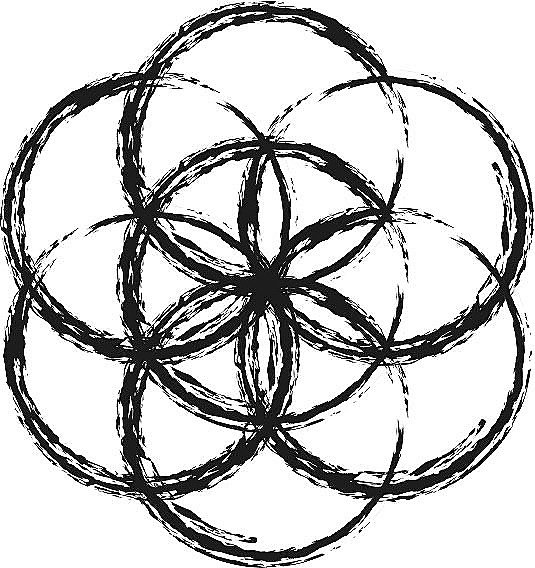Finding Meaning in Life is Easier Than You Think: Part 3
In our quest for a fulfilling life, we often hear about the importance of finding meaning and purpose. While these terms are sometimes used interchangeably, there are important distinctions. In this blog post, we'll explore the third domain of meaning in life: purpose.
What is Purpose?
Purpose can be defined as having and acting on future-oriented goals that have value. It is the behavior we engage in when we actively move towards long-term, intrinsically motivated goals. Research has shown that when our goals are connected to our values, we are more likely to commit to and actively engage in pursuing those goals.
It's important to note that purpose is not a singular, fixed destination. Like significance and coherence (the other two domains of meaning), purpose is something we uniquely construct. We often get trapped in the belief that there is one singular purpose in life, and not finding or being unsure of it means something is wrong with us. This couldn't be further from the truth. Purpose is a dynamic and ever-evolving concept that can take on different forms throughout our lives.
Aligning Goals with Values
To cultivate a sense of purpose, it's essential to align our goals with our values. Values are the principles or beliefs that matter most to us, while goals are the active behavioral pursuit of those values. An easy way to differentiate between a goal and a value is to ask: “can it be checked off a list?” If it can, it’s a goal (i.e., paint three times per week) as opposed to a value (i.e., creativity). See Part I for more information about values and exercises to clarify them. As the future-oriented, behavioral component of the three domains of meaning in life, purpose requires action.
Activities to Help Cultivate Purpose
Bullseye Worksheet: One way to identify your values and set purposeful goals is through the "Bullseye Worksheet." This ACT-based exercise helps you determine how much you are living in alignment with what matters most to you in different areas of your life.
Connect Behaviors to Values: Once you've identified your core values, write down actionable goals that reflect each value. For example, if one of your top values is "Connection" or "Community," you could set goals such as attending a meetup group, reaching out to a friend you haven't spoken to in a while, or finding volunteer opportunities.
Reflect on Your Habits: Ask yourself, "Do my current habits reflect ways of showing up in the world that matter to me?" Taking an inventory of what you are currently doing is a good place to start before deciding to make changes.
Building Purposeful Habits: See if you can incorporate small daily actions that reflect your values and what matters most. Consider recruiting an accountability buddy to send daily or weekly check-ins, helping you stay on track with your purposeful habits.
Final Thoughts on Meaning in Life
Seeking meaning and purpose in a world that can sometimes feel overwhelming can be a source of stress rather than an anchor. It's important to remember that the path towards building meaning in life and purpose is best taken with curiosity, compassion, and flexibility.
Remember, you are the author of your own story. If you don’t like how the story has been up until now, it’s never too late to write a new chapter. By focusing on the three domains of meaning- Signficance, Coherence, and Purpose- you can strengthen your resilience and create a life that feels authentically meaningful.
Embrace the journey, stay true to your values, and take small, purposeful steps towards a life that reflects what truly matters to you.
